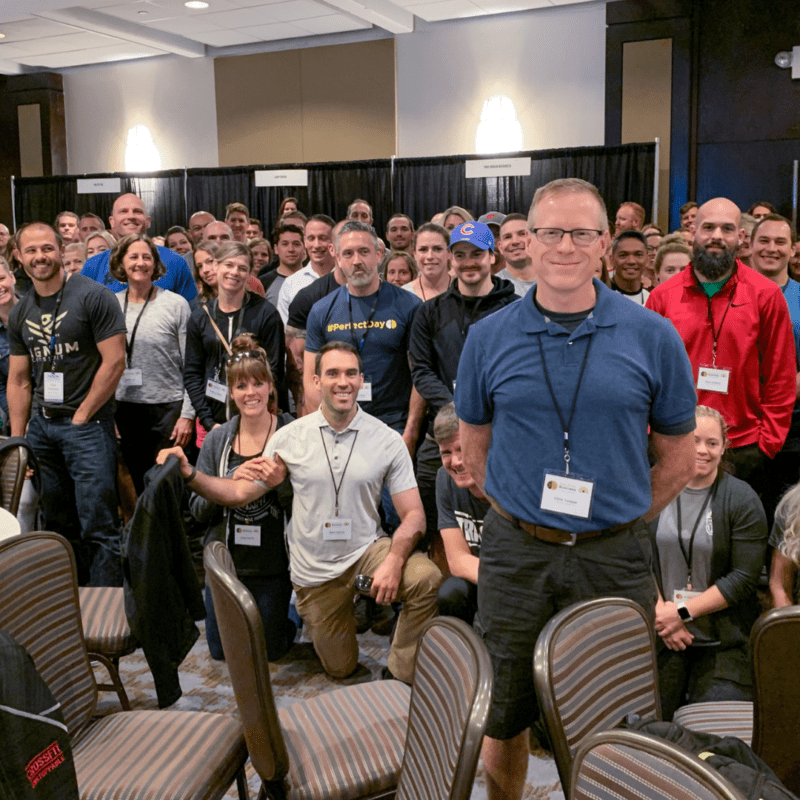Peter Thiel has a perspective you and I don’t.
Think of the last time you heard the word “Monopoly.” If it wasn’t a conversation about the board game, the word was probably used in a negative context (i.e. in the news in the context of a lawsuit.) But Thiel’s perspective as founder of PayPal and early investor in Facebook is different: he believes monopolies are good.
True innovation creates a monopoly, says Thiel in “Zero to One: Notes on Startups or How To Build The Future.” He points to the copycat culture of China, where entire cities have been planned to duplicate their U.S. counterparts, and technologies are reproduced cheaply but rarely invented.
According to Thiel, the only path to true prosperity is through novelty: being the first, and creating a monopoly. He believes competition drives prices down and hurts everyone. For example, the price of cars relative to an annual income continues to drop, and profit margins are sometimes nonexistent. But SpaceX (in which he’s also a large investor) has a monopoly on space flight; it can charge anything it wants.
This might seem to be bad news for CrossFit affiliates. There are nearly 13,000 of us now, and many potential clients can’t tell us apart. This makes us a commodity service in the mind of the buyer, and drives prices down.
But on the other hand, affiliates who CAN differentiate themselves from the pack have a massive opportunity. If their gym is obviously different–to the client, not the owner–they can move closer to “monopoly” status.
The first article I ever published about the gym business was called, “Don’t Be Vanilla.” (June 16, 2009.) Differentiation was the point. For me, being a CrossFit gym WAS being different. But now we’re vanilla, too. How can you distinguish yourself from the pack and create a local monopoly even when there are other boxes around?
